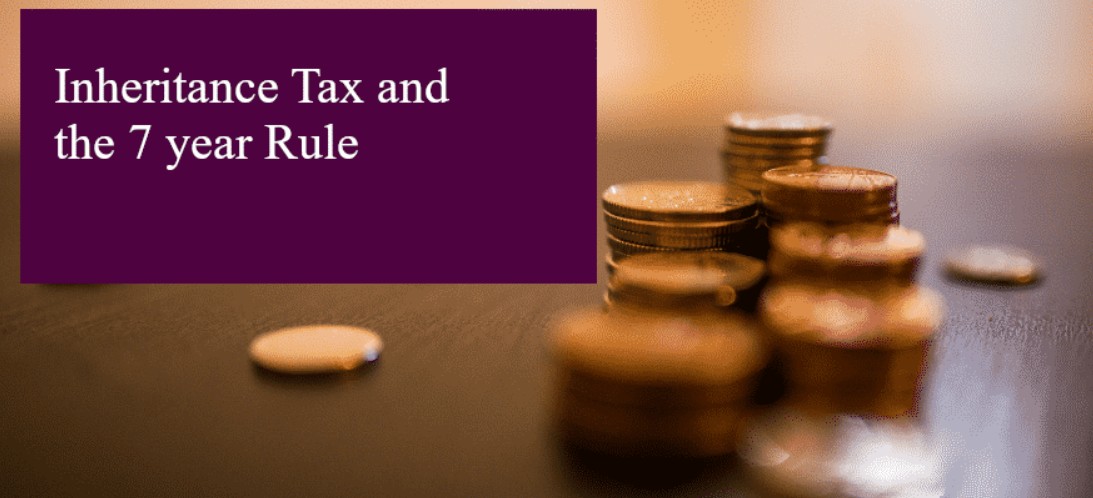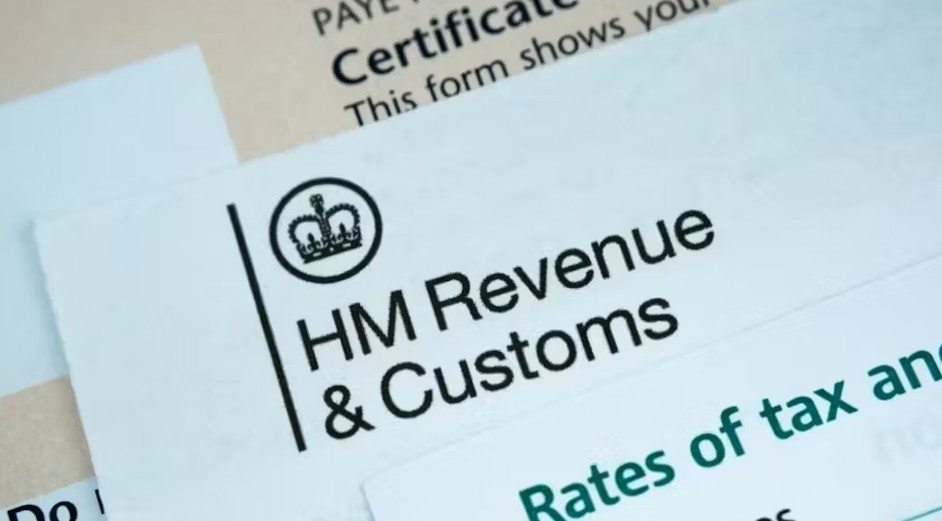In today’s economic climate, many parents are looking to help their children get a head start — whether it’s with a house deposit, university fees, or setting up a business. One of the most frequently asked financial questions in the UK is:
“Can I give my son £50000 UK?”
Giving such a substantial gift isn’t something to take lightly, and while it may feel personal and straightforward, HMRC still has rules you’ll need to follow.
This article breaks down the UK rules on gifting large sums, especially how it impacts inheritance tax, how to protect your estate, and how to make sure your gift is both legally sound and financially safe for your family.
Yes, You Can Give Your Son £50,000 in the UK — But Know the Implications
The act of giving money itself isn’t restricted. UK law doesn’t impose a specific cap on how much money you can gift to a family member during your lifetime. So yes, you are perfectly within your rights to give your son £50,000 if you wish.
However, large gifts can trigger inheritance tax (IHT) issues if not handled carefully. That’s because the UK tax system considers gifts part of your estate if you die within a certain timeframe after giving them. These rules are important for anyone concerned about preserving family wealth and avoiding surprise tax bills.
There’s no direct gift tax in the UK, but inheritance tax laws apply to lifetime gifts if they exceed your tax-free allowance and you pass away within 7 years of making the gift.
What Should You Know About Inheritance Tax and the 7-Year Rule?

The primary rule to understand when giving large gifts in the UK is the “7-Year Rule” — a key part of inheritance tax legislation.
Here’s how it works:
- Everyone has a £325,000 inheritance tax-free allowance (known as the nil-rate band).
- If your total estate — including any gifts made in the 7 years before your death — is below £325,000, no inheritance tax is due.
- If your estate exceeds that threshold, any gifts made within 7 years of your death may be subject to IHT of up to 40%.
So, if you gift your son £50,000 and pass away within 7 years, and your estate is above the threshold, that money could be taxed.
But if you live more than 7 years after making the gift, there will be no tax on the gift at all, regardless of your estate’s size.
Taper Relief: Reducing Tax Over Time
If you die within 7 years but the gift was made more than 3 years ago, taper relief can reduce the amount of tax due.
| Years Between Gift and Death | IHT Tax Rate on Gift |
|---|---|
| 0 – 3 years | 40% |
| 3 – 4 years | 32% |
| 4 – 5 years | 24% |
| 5 – 6 years | 16% |
| 6 – 7 years | 8% |
| 7+ years | 0% |
This sliding scale is why early financial planning is key. If you want to support your children and minimise tax, starting sooner rather than later can make a big difference.
What Tax-Free Allowances Can Offset Gifts?
The good news is that not all gifts are fully counted towards inheritance tax. There are several tax-free exemptions you might be able to use to reduce your exposure.
1. Annual Gift Exemption
Each individual can gift up to £3,000 per year without it counting toward the value of their estate for IHT. If you haven’t used your allowance from the previous tax year, you can carry it forward once, allowing a gift of up to £6,000.
So if you’re planning on giving your son £50,000, you could reduce its taxable value by using these exemptions strategically over two years.
2. Small Gifts Exemption
You can also give up to £250 per person per year to as many people as you want. This doesn’t apply to someone who’s already received your £3,000 annual exemption, but it can help if you’re gifting to other family members at the same time.
3. Wedding Gifts
Gifts given in celebration of a wedding are tax-exempt up to certain limits:
- £5,000 to a child
- £2,500 to a grandchild or great-grandchild
- £1,000 to anyone else
If your son is getting married, you could use this exemption to cover part of the gift tax-free.
Does Your Son Need to Pay Tax on the £50,000?
No. Your son does not need to pay income tax or capital gains tax on the £50,000 gift itself. Cash gifts are not considered income in the UK.
However, if he invests the money in shares, property, or savings, and earns interest or capital gains, those earnings could be taxable based on his tax rate and thresholds.
Should You Report the Gift to HMRC?

At the time of gifting, you are not required to report the gift to HMRC unless it’s part of a trust or starts generating income.
However, it’s important to keep a clear record of the gift:
- Date of the transfer
- Amount given
- Recipient details
- Reason for the gift (e.g. house deposit, tuition, business support)
Your estate executor may need this information if you pass away within 7 years and HMRC requests a breakdown of previous gifts.
What If You Want to Give the Money as a Loan?
Some parents prefer to loan money to their children rather than give it outright. If you choose this route, be aware:
- A formal loan agreement should be drawn up
- Repayment terms should be clear and in writing
- Any interest (or lack thereof) should be stated
Loans must be treated seriously if you want them to be legally enforceable or excluded from IHT. If you forgive the loan later, it may then be considered a gift and be subject to the 7-year rule.
Are You Aware of Asset Deprivation?

If you are older and expect to need care support from the council, gifting large sums might be viewed as deprivation of assets.
If the local authority believes you gave away money to avoid paying care fees, they can treat the money as if you still had it — which can affect your eligibility for financial assistance with care costs.
This usually only applies if:
- You’re already in care or going into care soon
- The gift was intended to reduce your assessable assets
If you’re in good health and the gift is genuine, this is unlikely to be a problem — but again, planning and documentation are key.
What Are the Best Practices to Follow Before Making a Gift?
- Speak to a Financial Adviser or Estate Planner
If your total estate is near or above the IHT threshold, professional advice can help you structure gifts in a tax-efficient way. - Document Everything
Keep written records of the gift date, purpose, and amount. This helps your executor handle your estate properly later on. - Consider Smaller Staged Gifts
If you’re unsure about giving away such a large sum all at once, you might stagger gifts over several years — using the £3,000 annual exemption where possible. - Talk It Through as a Family
Open communication helps avoid misunderstandings, especially if there are other children or family members involved.
Final Thoughts: You Can Help Your Family, but Plan Ahead
So, can you give your son £50,000 in the UK? Yes, you absolutely can.
But to ensure your generosity doesn’t accidentally result in an inheritance tax bill or disputes later on, it’s vital to understand the 7-year rule, exemptions, and the importance of documentation.
Gifting can be one of the most rewarding financial decisions you make — giving your loved ones a stronger start, funding education, or helping them into a home. Just make sure that you approach it with a clear plan, an understanding of the tax implications, and (where needed) the right professional support.

Leave a Reply